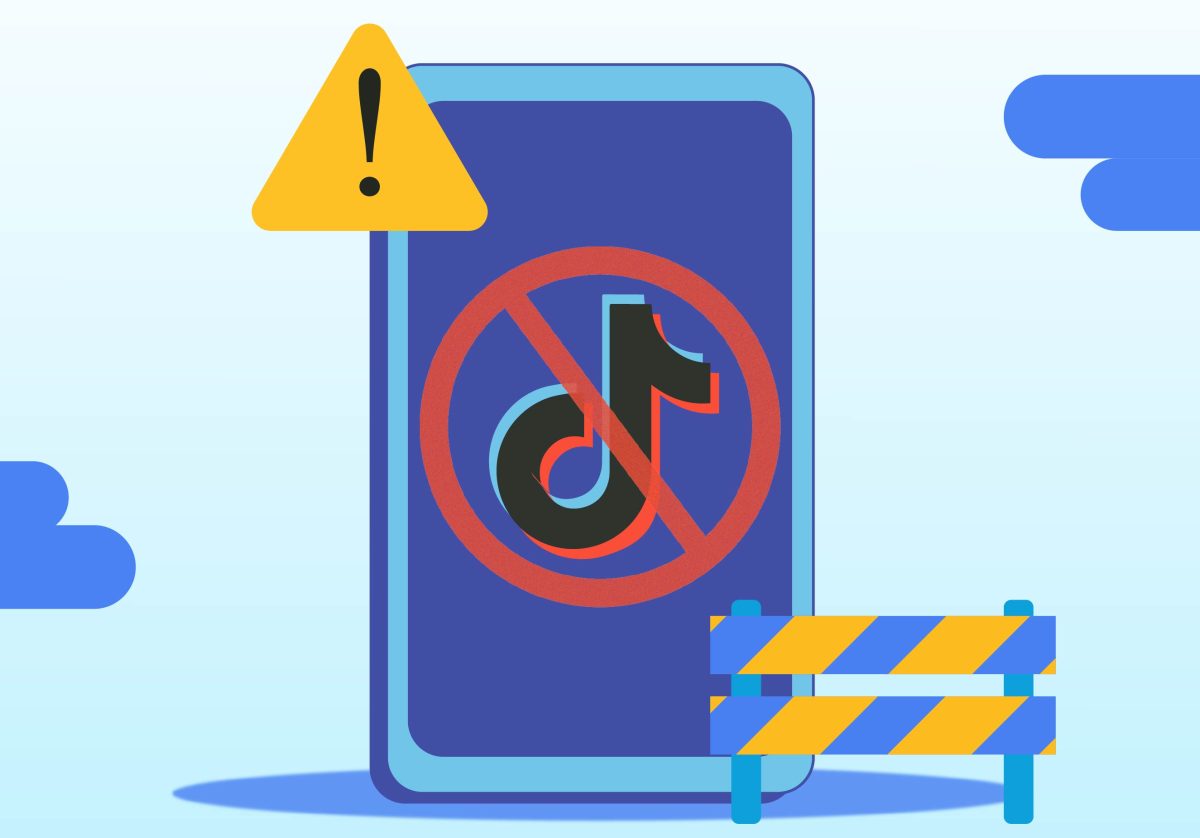LIMA, Peru (AP) — Peru’s mysterious, hooded anti-terrorism judges have put thousands of people behind bars, not all of them guilty.
Finally, after years of complaints, the government is taking an interest in letting the innocent ones go. But the way it’s doing it — pardoning their “crimes” — has added to the bitterness.
For many, the pardons are a way of correcting a lingering legacy of Peru’s 16 years of political violence in which more than 30,000 people have been killed.
But others say presidential pardons will leave those wrongly jailed with the stigma of conviction because it is forgiveness and not a declaration of innocence.
“For us the idea of pardon for innocent people is contradictory,” said Francisco Soberon, a human rights lawyer.
But critics are reluctantly going along with the pardon idea because Peru’s justice system is notoriously slow in reviewing terrorism cases.
Take the case of doctors Nery Medina and Fortunato Sumina, who are serving 22-year sentences for supposedly treating wounded leftist guerrillas.
They were convicted four years ago after a confessed member of the leftist Shining Path rebel movement named them as collaborators. But even though their accuser later retracted his allegation, Medina and Sumina remain in Peru’s harsh Yanamayo prison high in the Andes Mountains.
“I have always believed in my husband’s innocence. He never participated in any attack, nothing,” Medina’s wife, Teresa, said.
Mrs. Medina is hoping the doctors’ cases will be among the first considered by a commission that began in September to review convictions of people claiming they are wrongly imprisoned for terrorism. It will recommend pardons for those it believes.
Experts say as many as 700 innocent people are erroneously imprisoned on terrorism convictions.
In an August report, Human Rights Watch-Americas criticized Peru’s draconian anti-terrorism law and its system of “faceless judges,” who wear hoods or sit behind one-way mirrors to protect their identities while hearing cases.
The group said the anti-terrorism courts are “incapable of distinguishing between guilt and innocence” because of the law’s lack of due process and limitations on defense.
Under the law, defendants cannot confront their accusers nor are defense lawyers allowed to question police and military witnesses. Trials often last only a few days.
Human Rights Watch charged that in many cases police torture defendants into making confessions and that others are falsely incriminated by torture victims. The group also said some of those accused of terrorism “were opponents of terrorist groups maliciously accused by members of these groups who were seeking to obtain immunity from prosecution.”
Among the cases the commission may be asked to consider is that of Lori Berenson, a 26-year-old New York woman sentenced to life in prison earlier this year for helping leftist guerrillas.
Berenson’s lawyer, Grimaldo Achahui, said he was considering seeking a pardon.
President Alberto Fujimori defends the harsh anti-terrorism campaign as necessary in the face of guerrilla violence, but he also concedes innocent people have been convicted.
He says the job of sorting out the innocent from the guilty is a “titanic task.”
Human rights groups initially opposed the pardon law, which was passed in August. Instead they wanted a compete revision of the anti-terrorism legislation. They said as long as the law remains in effect, innocent people will be jailed on flimsy evidence, especially given the recent increase in guerrilla attacks.
When the pro-government majority in Congress refused to consider broader legislation, the opposition accepted the idea of pardons rather than leave innocent people in jail.
Jorge Santistevan, Peru’s governmental ombudsman and a commission member, said the law was the best option available. He said it was a first step in correcting the mistakes of the counterinsurgency measures.
“We prefer an unfair pardon to unjust imprisonment,” he said.
Santistevan said it may take a year to review all the cases because the commission must be sure of each person’s innocence.










